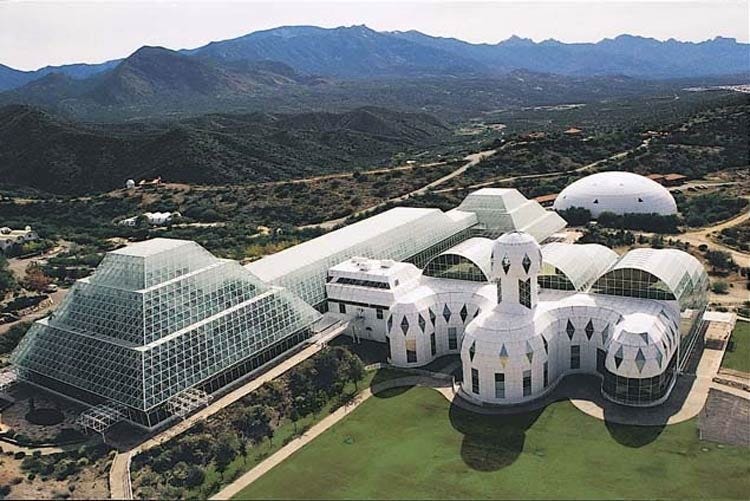Book Review: A City on Mars by Kelly and Zach Weinersmith
An absolutely brilliant instant classic on space settlement science, law, economics, ecosystem design, and more!
A book with the title A City on Mars sounds like it should be a classic Golden Age of Science Fiction-style paean to space settlement, and the authors (the polymathic power couple Kelly and Zach Weinersmith) acknowledge that that’s exactly what they originally hoped to write. However, after copious research, they ended a book that firmly convinced me that there will not, in fact, be a city on Mars in this writer’s lifetime (barring serious life extension technology, which I’m still hoping for). That sounds sad, but A City on Mars also convinced me that this is probably counterintuitively a good thing for right now, and there are lots of really cool things we can do in the near term to make it possible for future generations!
For example, one of the most interesting points explored in A City on Mars is the need for much, much more research in ecosystem design if we want to settle space, particularly if we want to go as far as Mars. The Biosphere 2 experiment in the 1990s (described in the book as “contrary to legend, not an unmitigated calamity”) remains the only serious effort at constructing a sealed self-sufficient ecosystem capable of supporting a human population, and it didn’t go super well. As A City on Mars points out, if we really wanted to create similar environments in space, we’d have hundreds such terrestrial biospheres, of various sizes, A/B testing species mixes and agricultural methods and air scrubbers and everything we might need to stay alive on other worlds. We as a civilization are manifestly not doing that, even though it would bring valuable ecosystem knowledge that would likely be really helpful on Earth as well. Why is this? The authors suspect it’s because ecosystem design doesn’t bring as much geopolitical, military, or reputational clout as rocketry, despite its arguably equal importance for the future of humanity in space. For everyone from heads of state to eccentric billionaires to the average taxpayer, “blasting humans in a rocket to the Moon is substantially more impressive than creating detailed reports about how to turn poop and food scraps into wheat.”
Full review below paywall!
Keep reading with a 7-day free trial
Subscribe to The Weekly Anthropocene to keep reading this post and get 7 days of free access to the full post archives.





